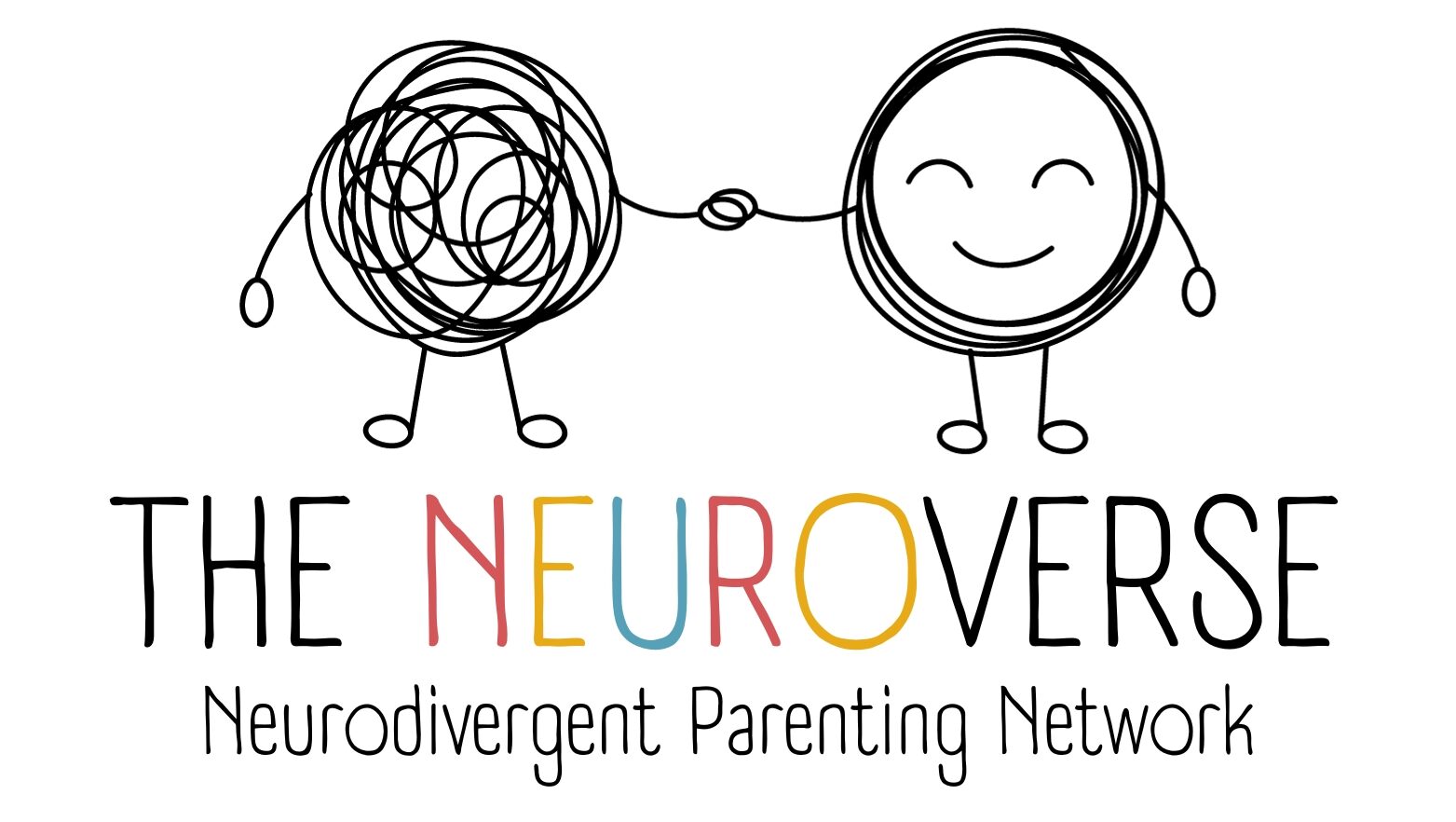Parental Burnout?!

Navigating Parental Burnout with Heart and Care
Parenting is a rollercoaster of emotions. The joy is unparalleled, but so is the stress. When the weight of parenting exceeds the resources we have, parental burnout can sneak in, leaving us emotionally drained and questioning our effectiveness.
Parental burnout isn’t just stress; it’s a prolonged response to chronic and overwhelming parenting stress. It’s feeling so exhausted that the mere thought of being a parent feels like reaching the end of the line. Emotional detachment follows, straining our relationship with our children and robbing the joy from our interactions.
Parenting neurodivergent children adds an extra layer to this burnout. The constant challenges and unique demands amplify the stressors, making it crucial for parents of ND children to recognize the signs early on.
Signs of Burnout
– Frequent yelling or a growing sense of detachment
– Lingering guilt and resentment, like shadows in the background
– Escaping into negative thoughts and heightened irritability
– Struggling with sleep and resorting to unhealthy coping mechanisms
– The heavy burden of inadequacy and persistent exhaustion
These signs are not accusations but gentle invitations to tread a different path, one paved with self-compassion and understanding.
Practical Steps to Combat Burnout
1. Mindful Breaks
Take moments during the day to pause. Try the “STOP” method: Stop, take a deep breath, ground yourself, observe your thoughts and feelings, decide on the next step, and proceed with intention.
2. Address Basics with “HALT”
Check in with yourself: “Am I Hungry, Angry, Lonely, Tired?” Basic needs often get overlooked, contributing to burnout.
3. Reframe Self-Care
Self-care doesn’t have to be grand. Start small, attaching tiny self-care steps to your routine. Every act of self-care contributes to your well-being and, consequently, to your child’s.
4. Recognize it’s “just that hard!”
Understand that parenting is challenging, especially when external factors compound the difficulties. Shift the focus from personal shortcomings to systemic challenges.
5. Abandon the “cult of the perfect parent”.
Let go of unrealistic standards. Embrace self-compassion by treating yourself with kindness. Repeat a self-compassion mantra during overwhelming moments.
6. Revive the village
Modern parenting lacks the community support it once had. Share your struggles, offer help, and build connections. Cultivate a village to support both you and your child.
7. Seek professional help
Sometimes self-care isn’t enough. If burnout persists and it is affecting your ability to function, seek professional help. It’s a sign of strength to raise your hand when you need it.
In the beautiful chaos of parenting, remember that your well-being matters. By navigating burnout with mindfulness, self-compassion, and a supportive community, you not only care for yourself but also create a nurturing environment for your child. Together, we can rise stronger.



Leave a Reply